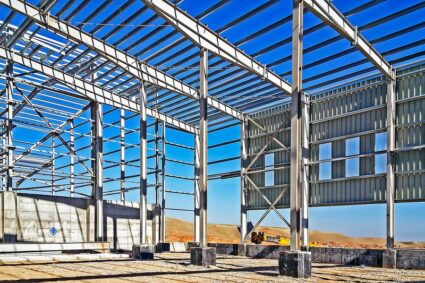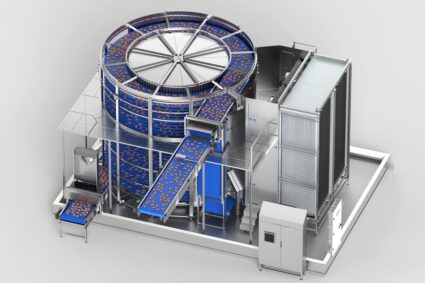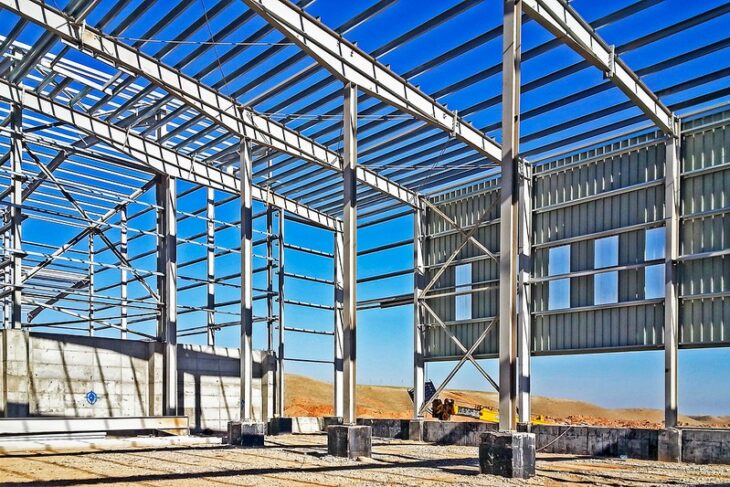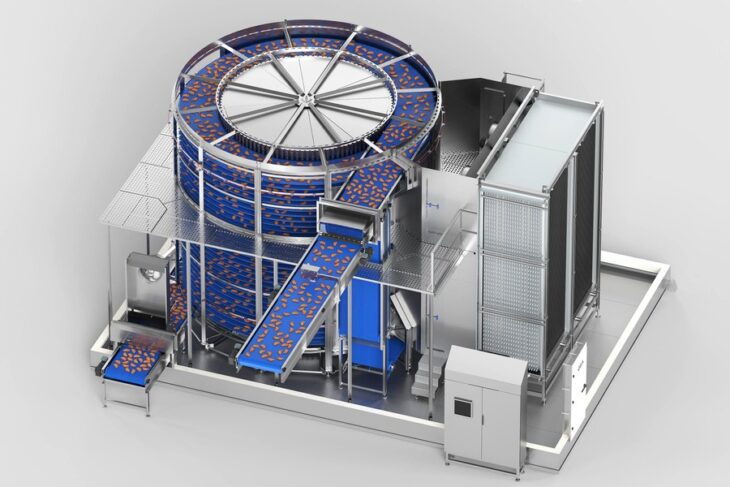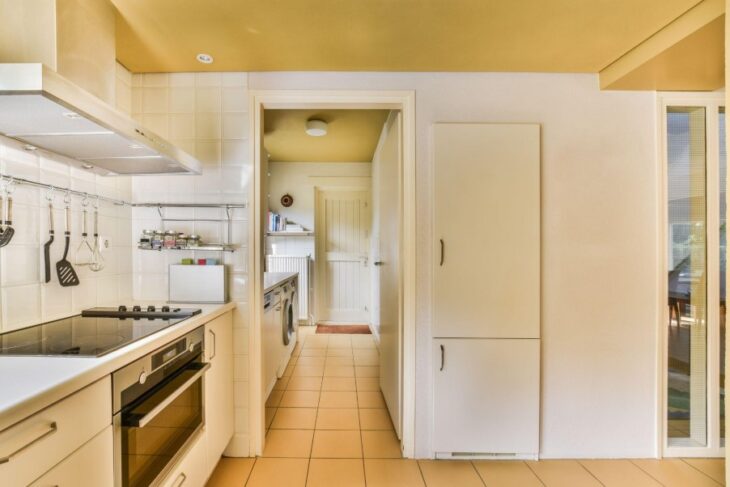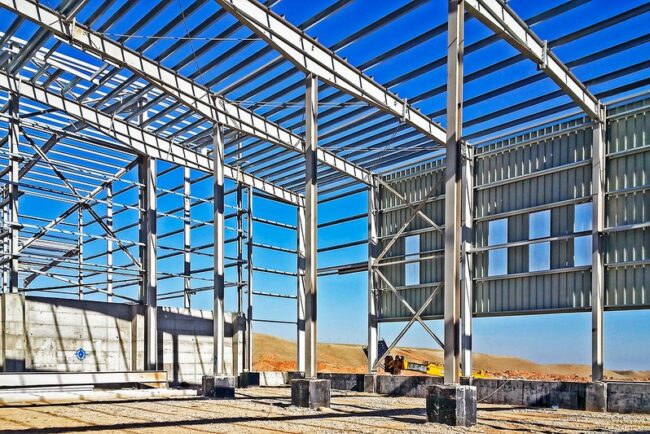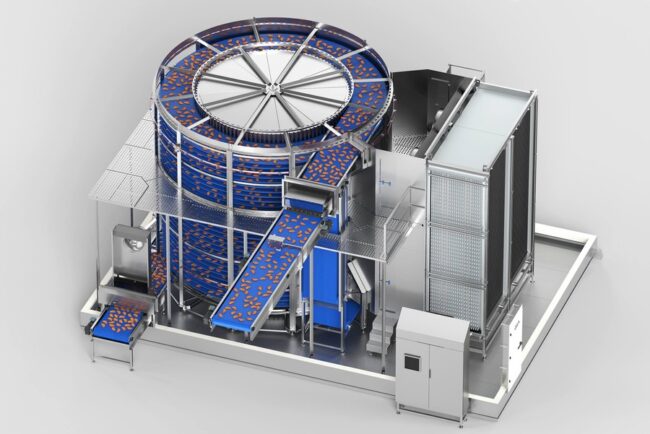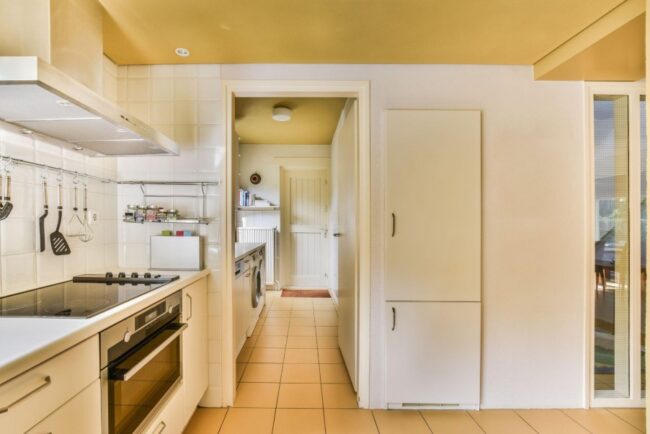
In today’s world, environmental awareness is no longer optional—it’s essential. From how we commute to the appliances we use daily, every choice impacts the planet. One often-overlooked area of sustainability is water heating. Whether in homes or businesses, water heaters consume a significant portion of energy, making them critical to both environmental and financial efficiency.
Timely hot water heater repair and, when needed, upgrading to eco-friendly models during water heater replacement play a big role in conserving resources and reducing greenhouse gas emissions. With expert support, including guidance from commercial plumbing contractors in Denver, property owners can make choices that save money while also contributing to a healthier environment.
Why Water Heating Matters in Energy Consumption
Water heating is one of the largest energy expenses in both households and commercial properties. In many cases, it accounts for nearly 15–20{2c2c89c00c1aa6709c6e9355826398a19fe10b24a72279a5e1e1f93333f302b7} of total energy bills. Traditional systems, particularly older models, operate with limited efficiency, wasting both fuel and water.
By ensuring timely repairs or opting for modern replacements, individuals and businesses can reduce energy waste. Eco-friendly systems often use less energy to produce the same amount of hot water, lowering carbon footprints significantly.
The Role of Hot Water Heater Repair in Sustainability
Not every problem requires a full replacement. In fact, hot water heater repair often extends the life of existing systems, keeping equipment functional while avoiding the environmental impact of manufacturing and disposing of a new unit.
Repairs that promote sustainability include:
- Flushing out sediment buildup to improve heating efficiency.
- Replacing worn-out parts like thermostats, valves, or heating elements.
- Fixing leaks promptly to reduce water waste.
- Ensuring safety features like pressure relief valves are working correctly.
Each small repair contributes to keeping the system efficient, which reduces the amount of energy required for heating water. Over time, this translates into lower utility bills and fewer greenhouse gas emissions.
When Water Heater Replacement is the Greener Choice
Although repairs are beneficial, there comes a point where water heater replacement is the more sustainable option. Older models, especially those over 10–15 years old, typically lack the technology to meet modern energy-efficiency standards.
Upgrading to eco-friendly models offers significant benefits:
- Improved energy efficiency – New designs minimize heat loss and maximize fuel use.
- Lower carbon footprint – Efficient systems use less electricity or gas, reducing reliance on fossil fuels.
- Water conservation – Advanced systems provide hot water on demand, reducing waste from running taps.
- Durability – Modern units are built with long-lasting components, decreasing the frequency of replacements.
By planning a replacement at the right time, property owners avoid the spiraling costs of frequent repairs while embracing environmentally responsible solutions.
Commercial Plumbing Contractors: Supporting Eco-Friendly Transitions
For businesses and large-scale facilities, water heating needs are more complex than in residential settings. Hotels, restaurants, hospitals, and office buildings depend on a consistent hot water supply. Here, the expertise of commercial plumbing contractors in Denver becomes invaluable.
These professionals provide:
- System assessments to determine whether repair or replacement is the better option.
- Installation of eco-friendly commercial models designed to handle high demand efficiently.
- Maintenance programs to keep systems operating at peak performance.
- Regulatory compliance to meet environmental standards in plumbing and energy efficiency.
By working with commercial experts, businesses can reduce operating costs while aligning with environmental goals—a win for both the bottom line and sustainability.
Environmental Impact of Eco-Friendly Water Heaters
Switching to an efficient water heating system has tangible benefits for the planet. Some key contributions include:
- Reduced greenhouse gas emissions – Energy-efficient systems require less fuel, directly cutting carbon emissions.
- Lower water waste – On-demand systems and repaired leaks prevent thousands of gallons from being wasted annually.
- Conservation of raw materials – Extending the lifespan of heaters through repair reduces the need for frequent manufacturing, minimizing industrial resource use.
- Cleaner air and water – Reduced fossil fuel consumption means fewer pollutants entering the environment.
When multiplied across millions of households and businesses, these improvements significantly reduce the strain on natural resources.
Cost Savings and Long-Term Value
Environmental benefits often go hand in hand with financial savings. For property owners, this means that eco-friendly decisions are not only good for the planet but also for their wallets.
- Lower energy bills – Efficient systems cut monthly utility expenses.
- Fewer repairs – High-quality replacements are designed for durability.
- Potential tax incentives – Many regions offer rebates or credits for eco-friendly upgrades.
- Increased property value – Buyers are increasingly looking for energy-efficient features when purchasing homes or commercial buildings.
Timely hot water heater repair ensures systems remain efficient until a replacement is necessary, while an eco-conscious water heater replacement pays dividends long into the future.
How to Transition Toward Eco-Friendly Heating Solutions
Shifting toward sustainable water heating requires a balance between repair and replacement. Here are the steps to guide the process:
- Schedule routine inspections – Regular checks by qualified technicians catch small issues before they escalate.
- Evaluate energy use – High utility bills may signal inefficiency.
- Compare repair vs. replacement costs – If frequent repairs are needed, replacement is often the greener option.
- Consult professionals – Partner with residential experts or commercial plumbing contractors in Denver for the best system recommendations.
- Choose the right model – Select energy-efficient units designed to meet specific household or business needs.
By following these steps, property owners can ensure that they’re making choices that benefit both their finances and the environment.
Small Changes, Big Impact
Water heating may not be the first thing people think about when it comes to environmental sustainability, but its impact is undeniable. Timely hot water heater repair preserves system efficiency and prevents waste, while well-planned water heater replacement with eco-friendly models takes sustainability to the next level.
For businesses, collaborating with commercial plumbing contractors in Denver ensures that large-scale systems remain reliable, efficient, and environmentally responsible. On a global scale, these individual decisions add up, reducing carbon footprints, conserving water, and supporting a healthier planet.
Making the switch to eco-friendly water heating isn’t just a home improvement project—it’s a contribution to a sustainable future.

